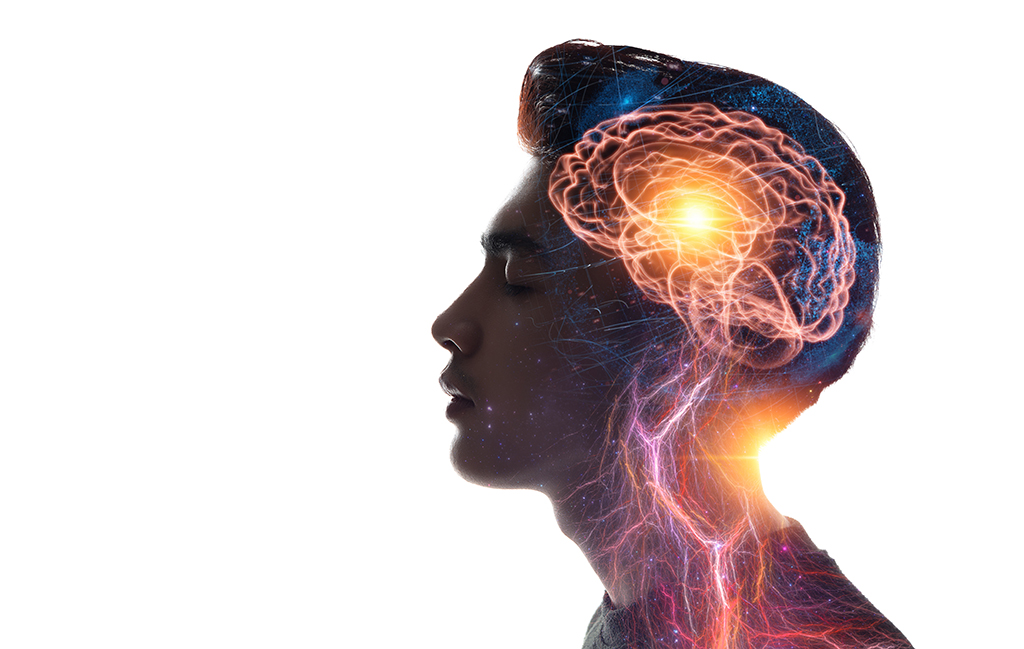
Brain pacemaker is a method used in the treatment of neurological diseases. Brain pacemaker, a device used to regulate the electrical activity of brain cells, is also known as deep brain stimulation (DBS). It is an effective method in the treatment of neurological diseases such as Parkinson’s disease, tremor and dystonia .
The brain pacemaker sends electrical impulses to brain regions through electrodes placed in the brain. These stimulations reduce disease symptoms by regulating abnormal activity in the brain. A brain pacemaker ensures that brain cells function correctly to improve the patient’s quality of life.
Brain stimulation therapy is used in the treatment of neurological diseases such as Parkinson’s disease, tremor, dystonia , and obsessive – compulsive disorder. It may also be effective in treating diseases such as depression and epilepsy in some cases.
What is a Brain Stimulator?
A brain pacemaker is a device used to regulate the electrical activity of brain cells. This method, also known as deep brain stimulation (DBS), is an effective method in the treatment of neurological diseases such as Parkinson’s disease, tremor and dystonia .
You can contact us by filling out the appointment form below. Our team will contact you as soon as possible to schedule your appointment.
How Does a Brain Stimulator Work?
The brain pacemaker sends electrical impulses to brain regions through electrodes placed in the brain. These stimulations reduce disease symptoms by regulating abnormal activity in the brain. A brain pacemaker ensures that brain cells function correctly to improve the patient’s quality of life.
In which diseases is Brain Stimulation Treatment Used?
Brain stimulation therapy is used as an effective method in the treatment of neurological diseases. Brain stimulation therapy may be preferred in the treatment of neurological diseases such as Parkinson’s disease, tremor, and dystonia . The symptoms of these diseases occur due to abnormal activity in the brain. By regulating the electrical activity of brain cells, the brain pacemaker reduces this abnormal activity and relieves the symptoms of the disease.
Brain stimulation therapy may also be effective in the treatment of neurological diseases such as obsessive – compulsive disorder. Obsessive- compulsive disorder is a disease that negatively affects a person’s quality of life due to repetitive thoughts and obsessions. Brain stimulation treatment can reduce the symptoms of obsessive – compulsive disorder and improve the patient’s quality of life by regulating abnormal activity in the brain.
Brain stimulation therapy may also be effective in treating diseases such as depression and epilepsy. Depression is a disease that negatively affects a person’s emotional state. Epilepsy is a neurological disease that causes recurrent seizures. Brain pacemaker therapy can reduce the symptoms of these diseases and improve patients’ quality of life by regulating abnormal activity in the brain.
To summarize, brain stimulation therapy is widely used in the treatment of neurological diseases such as Parkinson’s disease, tremor, dystonia , and obsessive – compulsive disorder. It may also be effective in treating diseases such as depression and epilepsy. Brain stimulation treatment ensures that brain cells function properly and relieves disease symptoms to improve patients’ quality of life.
A brain pacemaker is a device used to regulate the electrical activity of brain cells. It is an effective method in the treatment of neurological diseases such as Parkinson’s disease, tremor and dystonia .
The brain pacemaker sends electrical impulses to brain regions through electrodes placed in the brain. These stimulations reduce disease symptoms by regulating abnormal activity in the brain. A brain pacemaker ensures that brain cells function correctly to improve the patient’s quality of life.
Brain stimulation therapy is used in the treatment of neurological diseases such as Parkinson’s disease, tremor, dystonia , and obsessive – compulsive disorder. It may also be effective in treating diseases such as depression and epilepsy in some cases.